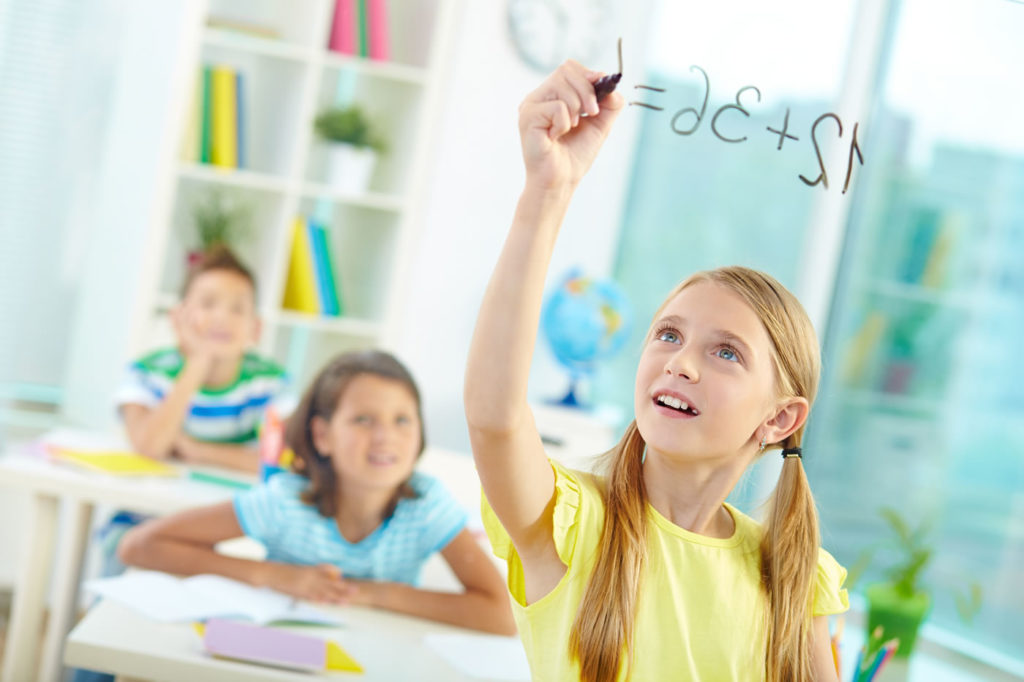Mathematical thinking develops since we are very young. Even before starting school, most children have developed an understanding of addition and subtraction through various day-to-day interactions. And it is that mathematics is present in a multitude of routine and daily activities, or even in games or entertainment entertainment.
In this way, and almost without our realizing it, children from a very young age are already familiar with mathematics , even though they are not aware of it, which in some way predisposes them for their future in school.
But it is good to know that, although mathematics is present in the day to day, we can help children to become familiar with it in a more direct, easy and fun way, and here are some tips to achieve it. 
(adsbygoogle = window.adsbygoogle || []).push({});
Strategies to develop mathematical thinking in children
- Counting and classifying things: Sitting for a little bit each day with our children to do counting activities can be a very productive activity. We can count toys, different types of pieces, buttons … counting and classifying things can help a lot in the development of mathematical thinking and benefit them for their future school.
- Teach them addresses and phone numbers: From the age of three, approximately, we can tell the children where they live or a family phone number. Perhaps they do not understand it one hundred percent, but they will be able to understand other aspects such as that each house has a number and a street that corresponds to it.
- Observe sizes and shapes: We can also help them observe the sizes of objects in the world around them. For example, pants that have large pockets, shirts that have buttons and count them, that their class agenda is smaller than their books … We can also ask them from there, to think about their own size and the space they occupy in relation to other things around him.
- Kitchen Helpers: Young children can help fill, mix, and pour, and their involvement in the kitchen is one of the happiest activities that can make them happy. Thinking that they can be useful on a day-to-day basis for their parents is something that makes them feel important and strong, in addition to the extraordinary time that they can spend. Through these activities, children learn to count, measure, add, and estimate.
- Going for a walk: Going for a walk gives children many opportunities to compare (which stone is bigger); evaluate (the number of dry leaves we see); make similarities and notice the differences; categorize (see if you can find some red leaves) … You can also talk about sizes (by taking measurements large and small) or calculate distances (the park is near our house or far).
- Read and sing their numbers: Singing songs that rhyme and doing repetition activities can help them develop and reinforce their math skills. Sung multiplication tables can be an excellent resource to apply.












































































































Congratulations, these strategies are necessary every day.
Even today children are not amazed at anything.
I appreciate